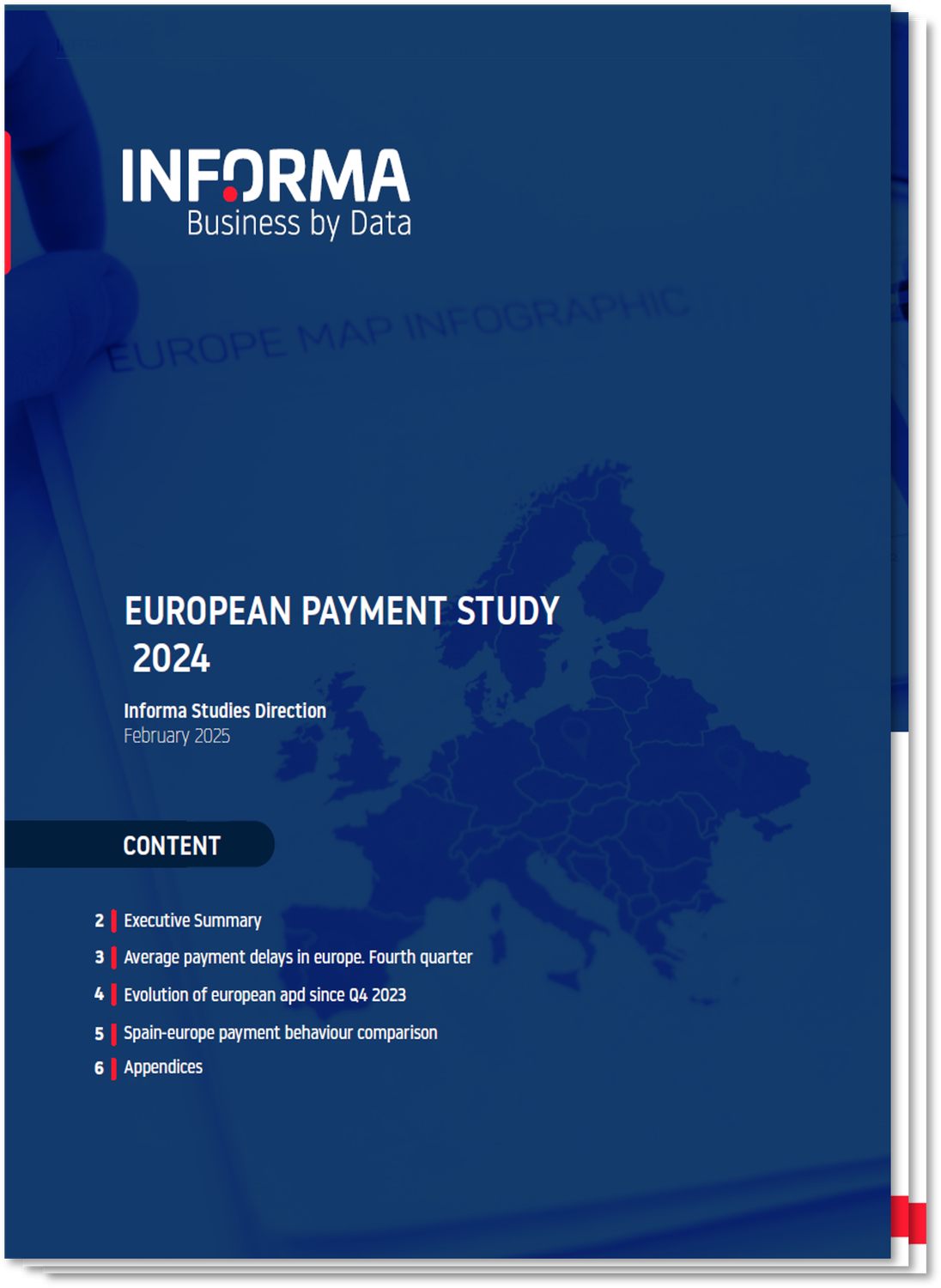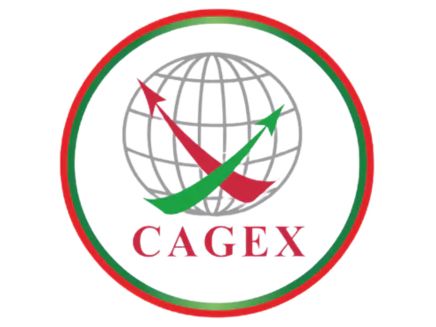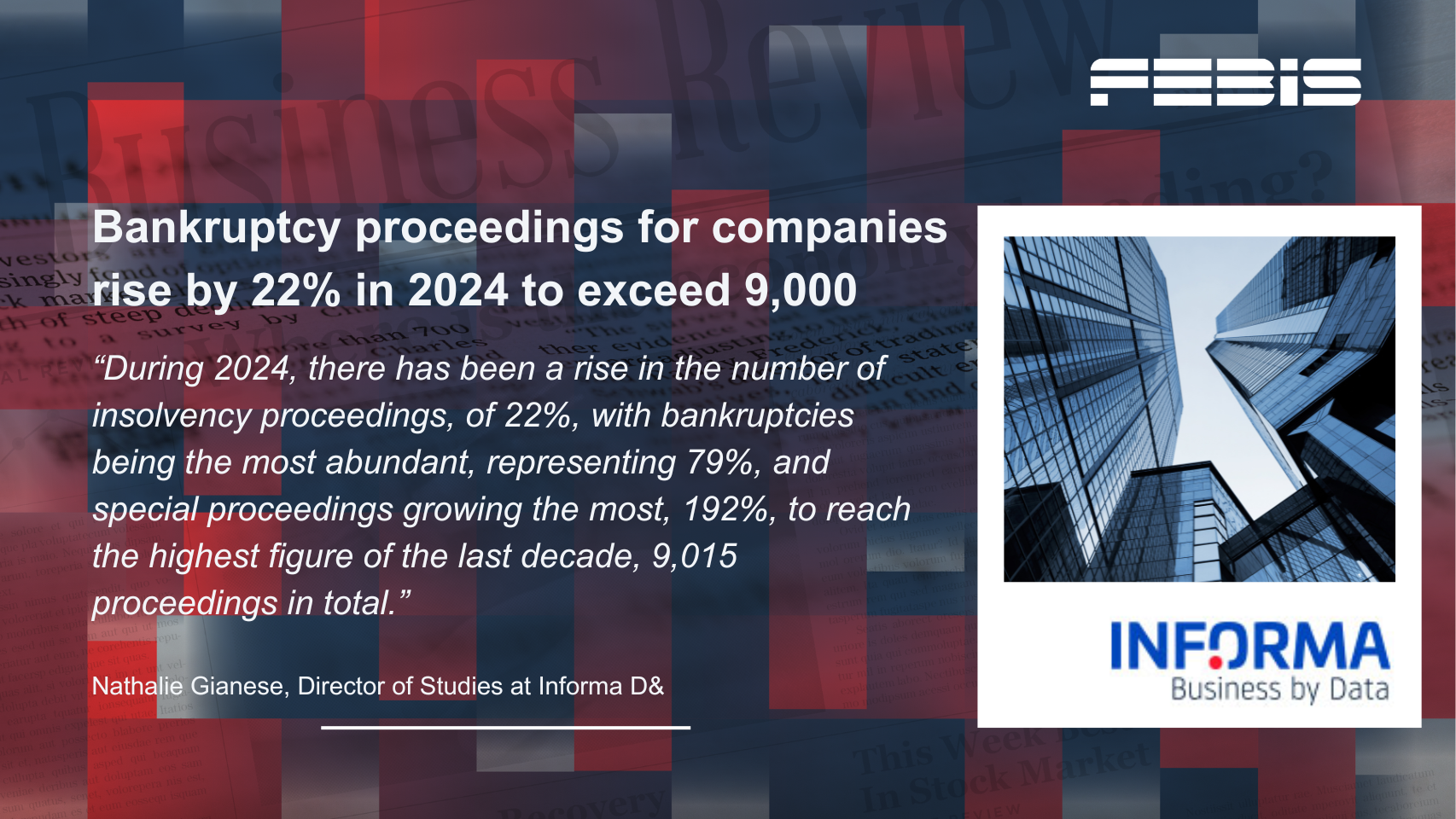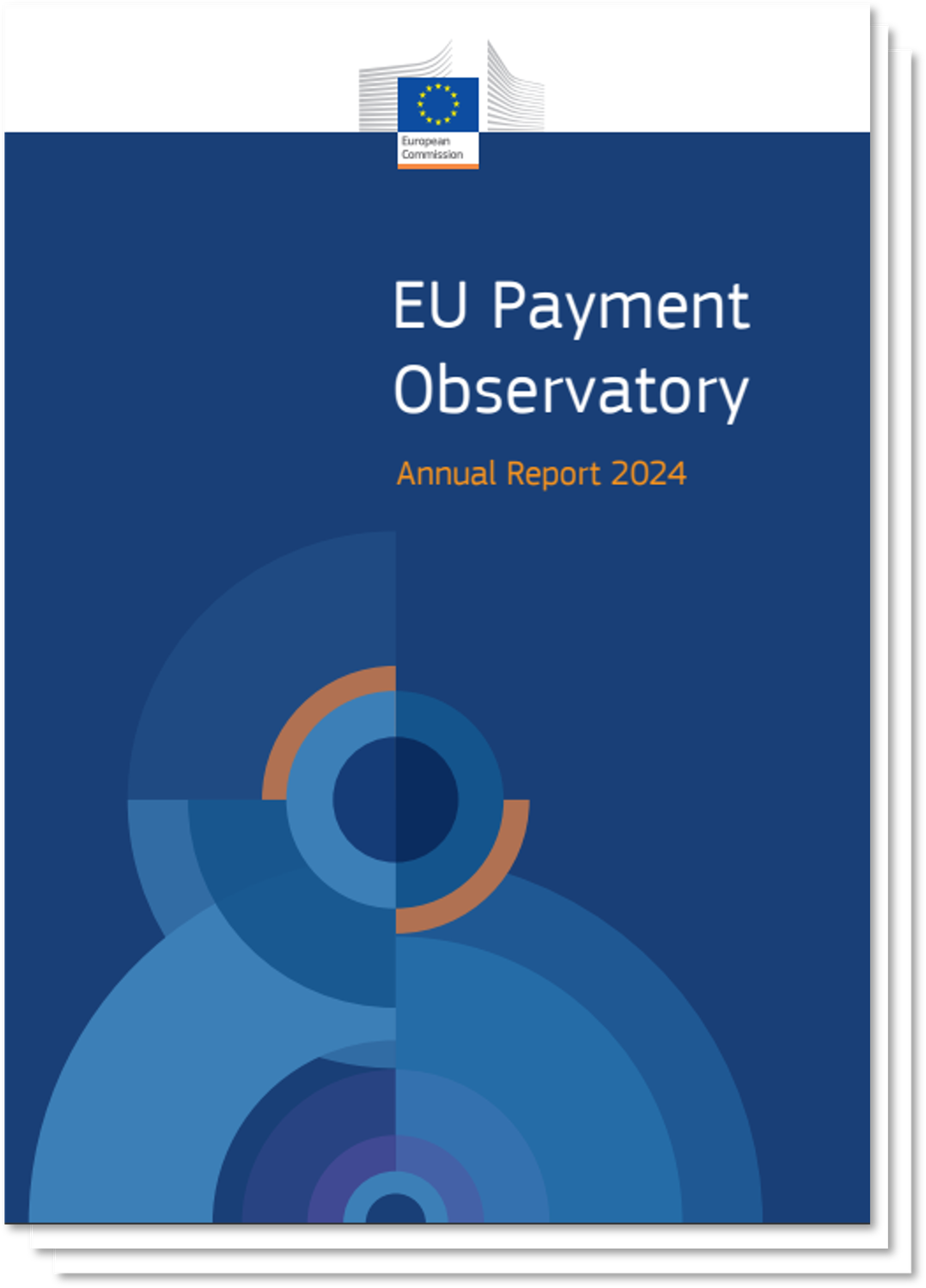Economy · 26. March 2025
In the last quarter of the year, the European Average Payment Delay (APD) stood at 12.17 days, which represents a slight increase of 0.06 days compared to last year. Throughout 2024, the European APD reached its lowest level since 2011, with 11.89 days in the first quarter.
Members News · 18. March 2025
FEBIS is pleased to welcome CAGEX (Algerian Credit Insurance and Export Guarantee Company) as a new member.
Members News · 14. March 2025
Infocredit Group is pleased to announce its participation in the GBCY International Investment Conference, organized by the Great Britain-Cyprus Business Association.
FEBIS · 13. March 2025
In an AI-dominated business environment, the foundational principles of cybersecurity are even more critical
Economy · 27. February 2025
The recent rapid increase in the number of bankruptcies also has its good side: Among the companies that had to give up, many were zombie companies that were only able to survive for so long thanks to special circumstances and that damaged the economy.
Economy · 24. February 2025
Malaysia appears to have finally entered calmer political waters after experiencing significant political turbulence since 2018. It is also on course to transition from entrenched dominant-party rule to a competitive, multi-party democracy.
Economy · 20. February 2025
Ireland faces a number of well established, domestic economic constraints going into 2025, in the form of a housing crisis, public infrastructural deficits, planning difficulties, skill shortages and certain vulnerable sectors; such as hospitality. But, for every business failure in Ireland, 27.5 new businesses are being founded – a remarkable ratio of success.
Economy · 16. January 2025
During 2024, there has been a rise in the number of insolvency proceedings, of 22%, with bankruptcies being the most abundant, representing 79%, and special proceedings growing the most, 192%, to reach the highest figure of the last decade, 9,015 proceedings in total.
Economy · 15. January 2025
Corporate insolvencies in Germany are rising for the third year in a row. At the end of 2024, a new record high of 22,400 bankrupt companies was recorded.
Economy · 14. January 2025
Late payments are a significant hurdle for the competitiveness of EU companies. Delayed
payments affect firms’ liquidity, thereby hampering their ability to properly operate and to invest in growth.










